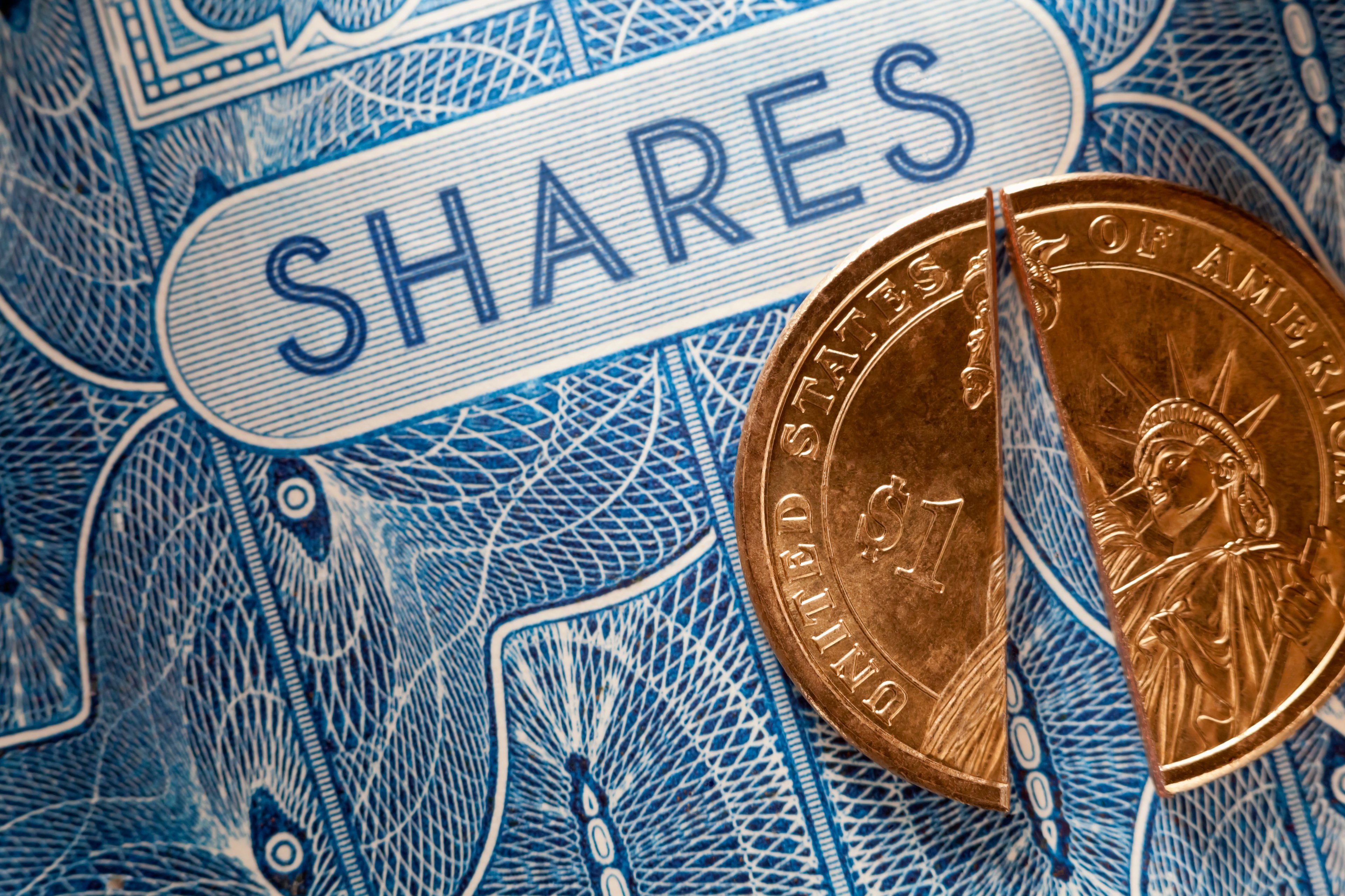
Greece could be providing an opportunity for American investors who know what the best stocks to buy are. Photo: Lefteris Heretakis, via Flickr.
It's been an extraordinarily long time since we've had a market correction. Usually, these 10% drops occur every 11 months. But it's been 45 months (September 2011) since it's happened here in the U.S. of A. Recent worries about a Greek default and it's reverberations have the market spooked and many wondering if we might be in for a swoon.
While some view this as a scary possibility, I find myself hoping that a drop continues. Long-term investors are net buyers of stocks. As such, we should bask in these dips, as they're opportunities to buy great companies. That's the "buy low" side of the famous "buy low, sell high" maxim.
Fragility vs. Antifragility
I recently finished Nassim Taleb's Antifragile, which aims to show how predicting the future is futile, and we'd be much better off evaluating the fragility of things (a stock, an industry, etc.) instead. Ironically, Greece might be the epitome of fragility, as Taleb argues that nothing is more fragilizing than crippling debt.
But Greece itself isn't the point of the article. Instead, I want to explain how there's one stock I want to buy if/when the market continues to fall -- and it's precisely because this stock has all of the telltale signs of what Taleb calls "Antifragility" -- or the ability to benefit from chaos and stress.
To understand the concept of fragility, let's break it into three categories -- fragile (bad), robust (neutral), and antifragile (good). In adverse conditions fragile things break, robust items stay exactly the same, and antifragile things will actually get stronger.
Loosely drawing from Taleb's ideas, I came up with eight traits of the antifragile company. The list can be broken down into two parts, with size and cash being one big advantage, and the ability to change course another. Usually, these two things work in opposition, but as you'll see, not with my best stock to buy when the market falls: Facebook (NASDAQ: FB).

Why Facebook is such an antifragile company
Below are the eight antifragile characteristics I drew from Taleb's book. When it comes to antifragility, Facebook is a tough company to beat.
- Lots of customers -- by not relying too heavily on any one source of income, a company can continue to benefit during tough economic times. Facebook has hundreds of thousands of advertising partners.
- Lots of cash, not too much debt -- cash provides flexibility and opportunity during market swoons; debt does the exact opposite. Facebook has over $12 billion in cash and short-term investments and just $186 million in debt.
- Sustainable competitive advantage -- these days, I think the greatest threat for any company is commoditization. While no advantage is truly "sustainable" over the long-run, Facebook's network effect -- it is "the" place to go to see what friends and family are up to -- is very strong.
- Skin in the game -- we want to know that those running the company have exposure to upside and downside risks, through equity holdings. CEO Mark Zuckerberg owns roughly 18% of outstanding shares -- worth roughly $41 billion. COO Sheryl Sandberg also owns 5.3 million shares worth roughly $450 million.
- Soul in the game -- often, when founders have a hand in running their company, they view the business as a physical extension of themselves. They, therefore, want to make sure it lasts far beyond their time at the helm. With Zuckerberg acting as CEO, I think it's safe to assume that his "soul is in the game."
- A good place to work -- employees who love what they do and who they work for are far more engaged and willing to make changes when the market dictates that it should happen. Facebook has very high ratings on Glassdoor, with 91% saying they'd recommend the company to a friend, 96% approving of the job Zuckerberg does, and 87% agreeing that the business outlook is positive.
- Evidence of optionality -- we can't predict the future, but if we prepare ourselves to pounce on opportunities when they come along, we don't have to. This is the essence of optionality. Facebook's cash stash allows for such optionality. And the company has already proven that its network will include more than just Facebook with the acquisitions of Instagram, WhatsApp, and Oculus.
- Company culture -- although a bit contrived, I believe you can get a sense for what a company is about by investigating its mission/vision statement, as well as it's defined Core Values.
Facebook's mission is to, "give people the power to share and make the world more open and connected." It's five Core Values are: Focus on Impact, Move Fast, Be Bold, Be Open, and Build Social Value.
Praying for a dip
Right now, Facebook makes up 4.5% of my real-life holdings. I would love to up that position significantly, but I'm hoping that I'll get better price points in the future. Currently, Facebook trades for 47 times non-GAAP earnings and over 60 times free cash flow. Those are pricey metrics, and when the next big dip comes -- be it due to Greece or something else -- I plan on loading up more on more shares of Facebook.






